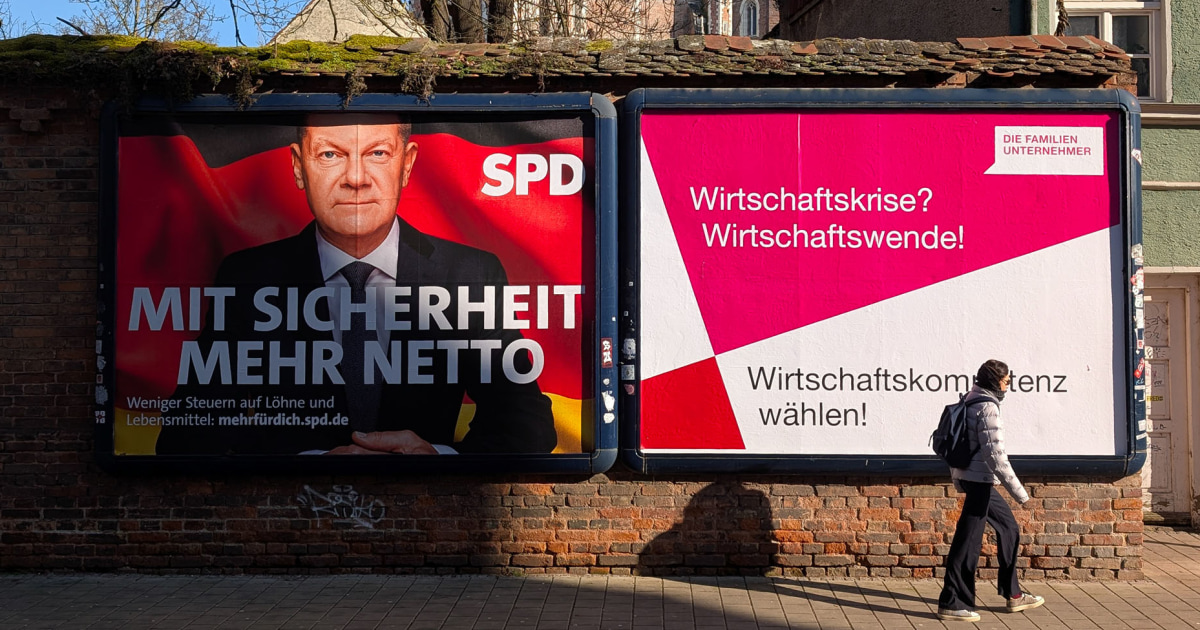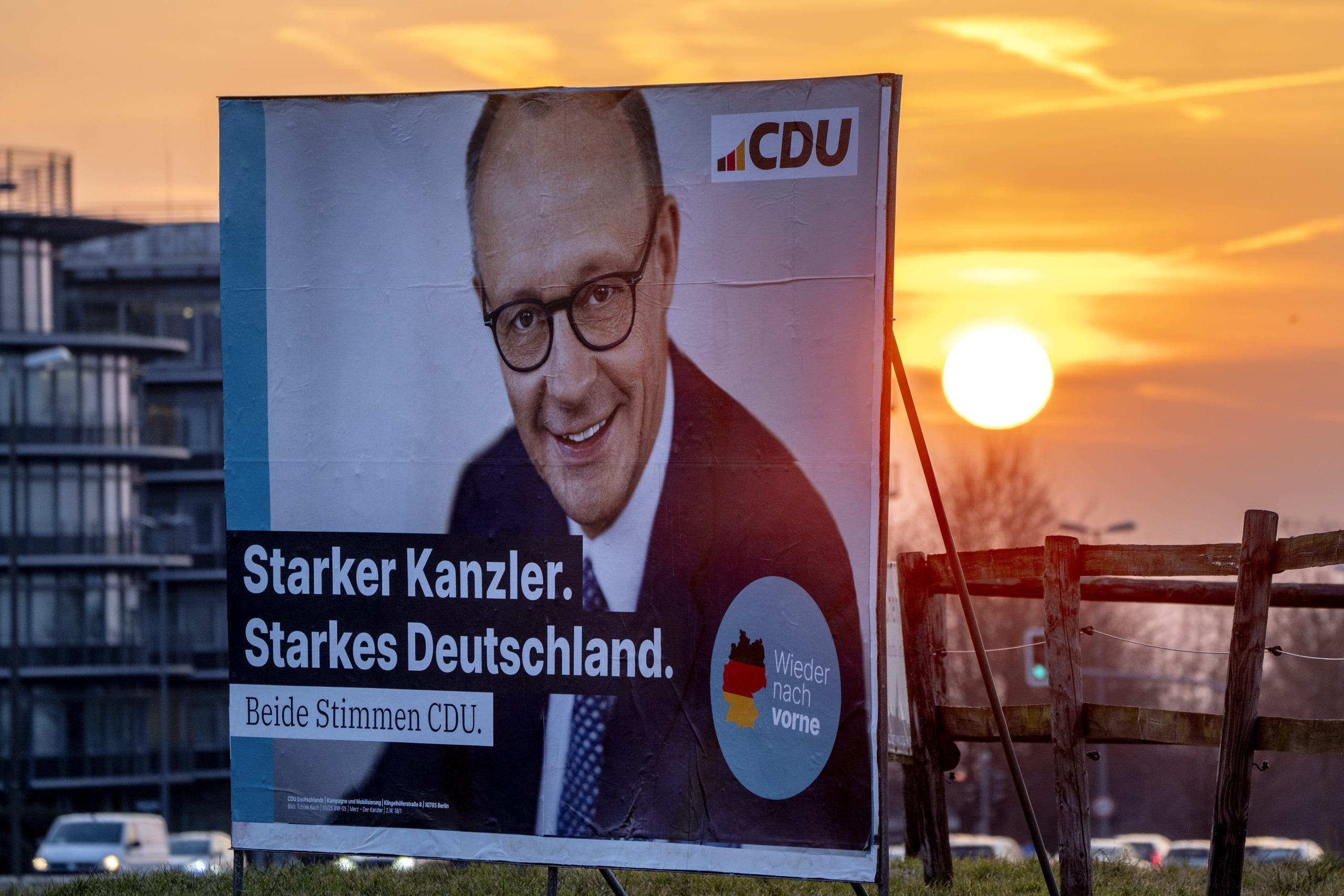Germany Heads to Polls Amidst Rising Far-Right Influence and Economic Concerns
With elections imminent, Friedrich Merz vows economic revival while the far-right AfD gains unprecedented support, raising fears of normalized far-right participation.
Overview
As Germany prepares for elections, opposition leader Friedrich Merz emphasizes the need to revive the stagnant economy and bolster Europe’s stature amidst a chilling U.S. relationship. Chancellor Olaf Scholz clings to hopes for a comeback, but lacks momentum amid significant deficits in polls. The far-right AfD party, bolstered by controversial conservative alliances on immigration, is poised to achieve its best results since World War II, stirring unease among centrist parties. The vote reflects public unrest over migration and economic instability, casting a shadow on traditional political dynamics in the country.
Report issue

Read both sides in 5 minutes each day
Analysis
Analysis unavailable for this viewpoint.
Articles (7)
Center (3)
FAQ
The main issues driving voter concerns are the economy and immigration/integration, with 43% and 42% of respondents highlighting these as key concerns, respectively.
The AfD is gaining support by capitalizing on voter discontent over migration and economic issues. It has successfully tapped into concerns about immigration and has seen its popularity surge from 10% in the 2021 election to around 21% in current polls.
Friedrich Merz emphasizes the need to revive Germany's stagnant economy, which aligns with public concerns over economic instability. However, specific details of his plan are not detailed in the current reports.
History
- 10M

 3 articles
3 articles





